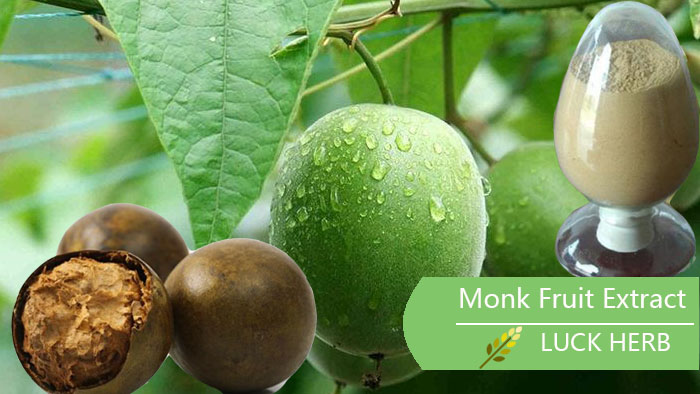Food additives play an essential role in our diet for making food more flavorful, colorful, and palatable. When eating hamburgers and drinking Coke, you will find plenty of additives, may including Sodium Nitrite, Ammonia, Sodium Benzoate, Sulfites, Polycyclic Aromatic Hydrocarbons, Sugar, Caramel, Phosphoric acid, and Carbon dioxide, if you take a close look at their ingredients table. In fact, there are thousands of ingredients using for food processing, which are all admitted by FDA.
Herb extracts are believed to be a healthful alternative material for making food additives. Like using sugar as a sweetener, when eating too much may cause side effects such as obesity, diabetes, Already, Studies have found some natural herb extracts also have a sweet taste and no harmful effect, as in Stevia Rebaudiana extract, Siraitia grosvenorii extract.

